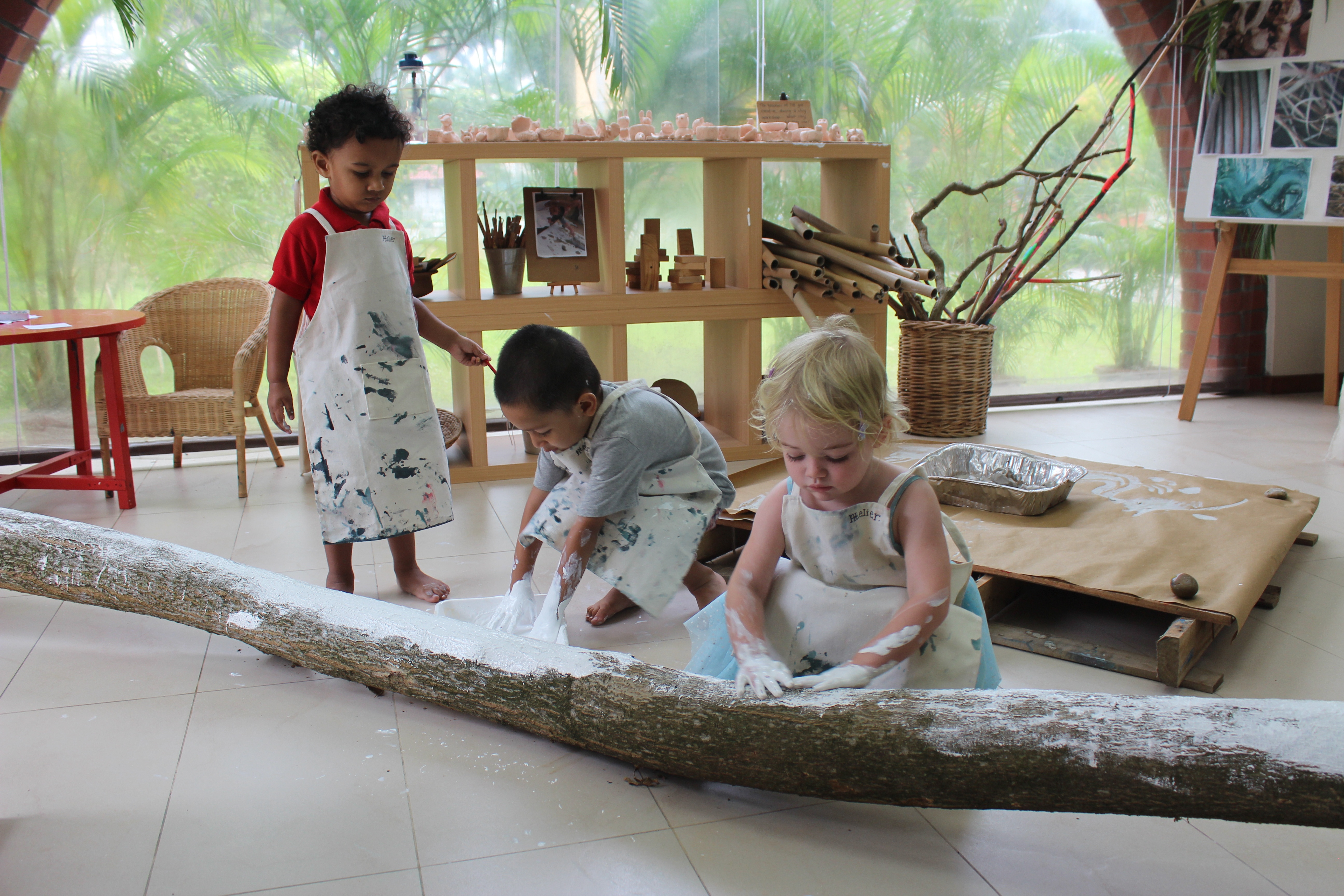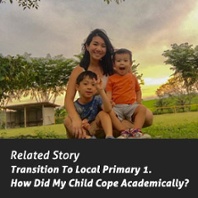Lin Peimin
Peimin has 2 children and strives towards making simple, daily activities a true joy for them to engage in, to develop their confidence to have a go at things, and to explore different mediums to express their ideas and individuality.
“Learning and teaching should not stand on opposite banks and just watch the river flow by; instead, they should embark together on a journey down the water. Through an active, reciprocal exchange, teaching can strengthen learning and how to learn.”
Malaguzzi, L. 1998, ‘History, ideas and philosophy’, in Edwards, C. Gandini, L. and Forman, G. 1998, The Hundred Languages of Children: The Reggio Emilia Approach, Ablex Publishing, Greenwich (p83).
Like it or not, schools and educational institutions have the power to control your child’s life and shape who they are and who they become.
What does that mean for us parents, and what is the most important element to look out for when choosing a school? Having had my 2 children immersed in Reggio-inspired classrooms, I have come to appreciate why pedagogy and school philosophy makes such a huge difference to my children’s learning.
What is Pedagogy?
It is important not to confuse curriculum content and pedagogical approach. If content is the “What” that is being taught, pedagogy is the “How” it is being delivered. Pedagogy affects the way a teacher communicates with children, how a teacher organises a classroom, and ultimately how power is being shared between all members of the school community.
Since the last century, classrooms have had rows of tables with students facing the teacher who stands in front of them delivering prescriptive knowledge. This approach is based on power-control, surveillance and discipline. The teacher is given full power and is the controller and holder of all important knowledge while students may be deemed as uninformed or worse still, ignorant. This limits their potential and can even create bored, discontented, and disenchanted students.
The Reggio Approach was deemed to be a revolution in learning, as it advocated for a change in power distribution, and breaking down conventional power structures that existed in schools.
Children are deemed to be capable communicators, while teachers are facilitators who learn alongside children, not dictators. In a Reggio-inspired classroom, students have equal power as teachers.
How do we respect our children’s voices?
Instead of focusing on what knowledge they are going to deliver to students, teachers focus on students’ voices and thoughts. They dialogue openly and respectfully. Teachers desire to understand students’ thinking and learning processes, not simply for mapping their achievements against a set of standardised goals. They focus on analysing their own assumptions of students, and for deepening and extending students’ learning in meaningful ways.
In this way, conventional content is delivered in an unconventional manner, with extraordinary learning outcomes.
This shift from a teacher-directed to a child-centric approach may not be what parents expect or are comfortable with, but it’s time for us to get rid of those voices in our heads that tell us teachers and schools ‘should’ be doing things a certain way. It’s time for us to realize and respect the fact that our children have equal power as teachers in any learning journey.


